Uganda/june 13, 2017/
INTERVIEW
By Ali Twaha
It is that time of the year again and some parents are considering insurance products that would assure their children’s education. Ali Twaha met ICEA Life Assurance Company Ltd’s chief executive officer, JACKSON MULI to discuss products open to learners in Uganda.
What does ICEA Life entail?
ICEA Life Assurance, as the name suggests, covers risks relating to lives and helps people to save for the uncertain future for the benefit of their loved ones and in coming years of retirement.
What do you say to those seeking products targeted at learners?
Many people are looking for support to the education of their children, as the cost of education is going up every year. Currently, it can cost about Shs 5m per term to educate two secondary school students in a decent school. Which makes it Shs 15m per year.
If your child is in now in P1, how much will it cost you to educate him/her for seven years from now? What will be the source of this fees requirement? Unless you plan now, the cost in future may be prohibitive and your child may be denied the type of education you have always dreamt about. So, we have considered this challenge.
And what solution is this?
That’s why ICEA Life came up with Child Educator plan to guarantee children school fees. The Child Educator plan is taken by the parent to benefit the child in the future when fees will be required. The policy will pay for the fees whether or not the parent survives to the date, as long as the policy remains in force.
We also developed a solution for schools called the Bamaleko plan where the parents pays premiums to cover for children’s education for a guaranteed number of years usually to completion date.
The Child Educator policy comes in two phases. For starters. The accumulation phase where a parent pays regular (monthly/annual) premiums (cost of cover) to the insurance company. Then comes the withdrawal phase where the insurance company pays school fees for the child(ren).
This is the point at which you want the child to start benefiting from the plan will determine the term of the accumulation phase of the policy. For example, for one with a child in P1 who wants insurance to pay fees for secondary education, the term for the accumulation phase is seven years. If the fees requirements are for S1 up to S4, then the withdrawal phase is four years to the end [S4].
What if a parent wants assurance that their child(ren) will get education regardless of their circumstances (alive, dead or ill)?
In the unfortunate death of a parent before the accumulation phase is completed, ICEA Life Assurance Company will take up the responsibility of paying subsequent premiums.
In other words, the insurance contract will remain in force without requiring the estate of the deceased to pay premiums. In addition, ICEA will pay 30% of the insurance benefits immediately to cater for the fees requirements from the time of death to the time when the withdrawal phase commences and full fees amounts (100%) become payable per term or per year to the chosen school.
What about schools?
We have Bamaleko product which covers parents but through the schools. ICEA pays school fees for the child up to the end of a particular school level say primary or secondary in the unfortunate death of a parent.
This product is very beneficial to all parties as it guarantees children’s education regardless of parents’ circumstances (alive, dead) and the school is guaranteed of fees income.
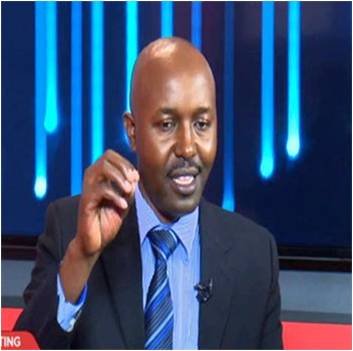
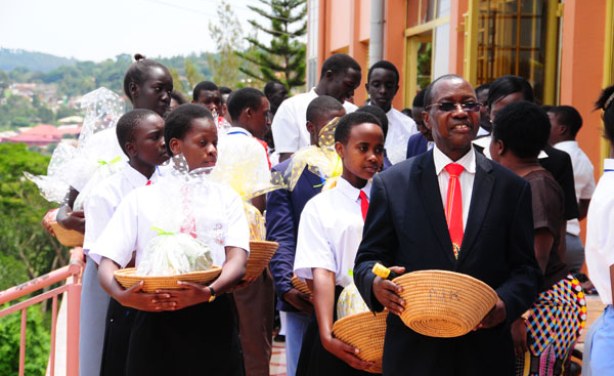

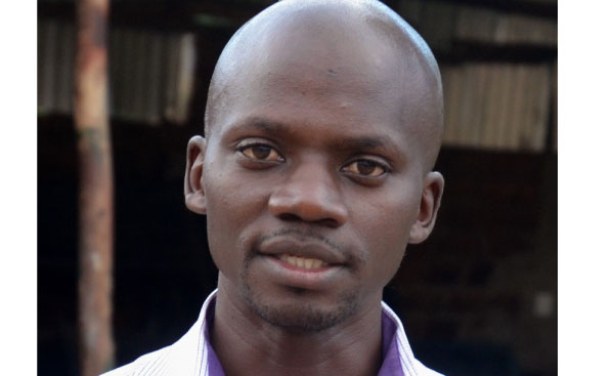
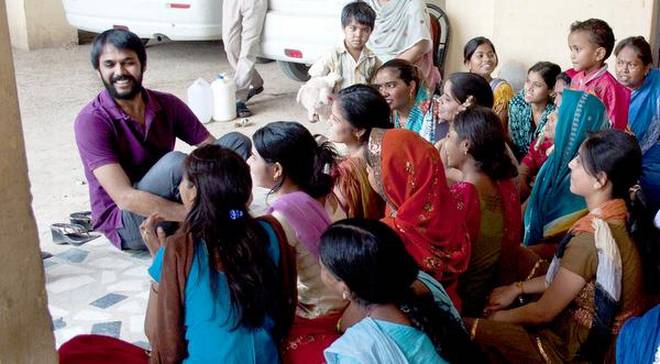

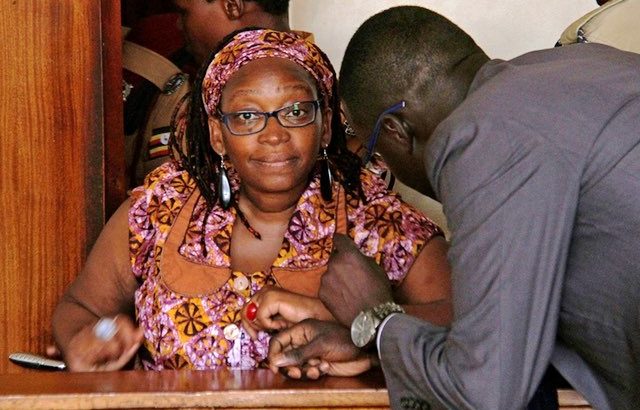







 Users Today : 12
Users Today : 12 Total Users : 35459607
Total Users : 35459607 Views Today : 31
Views Today : 31 Total views : 3418003
Total views : 3418003